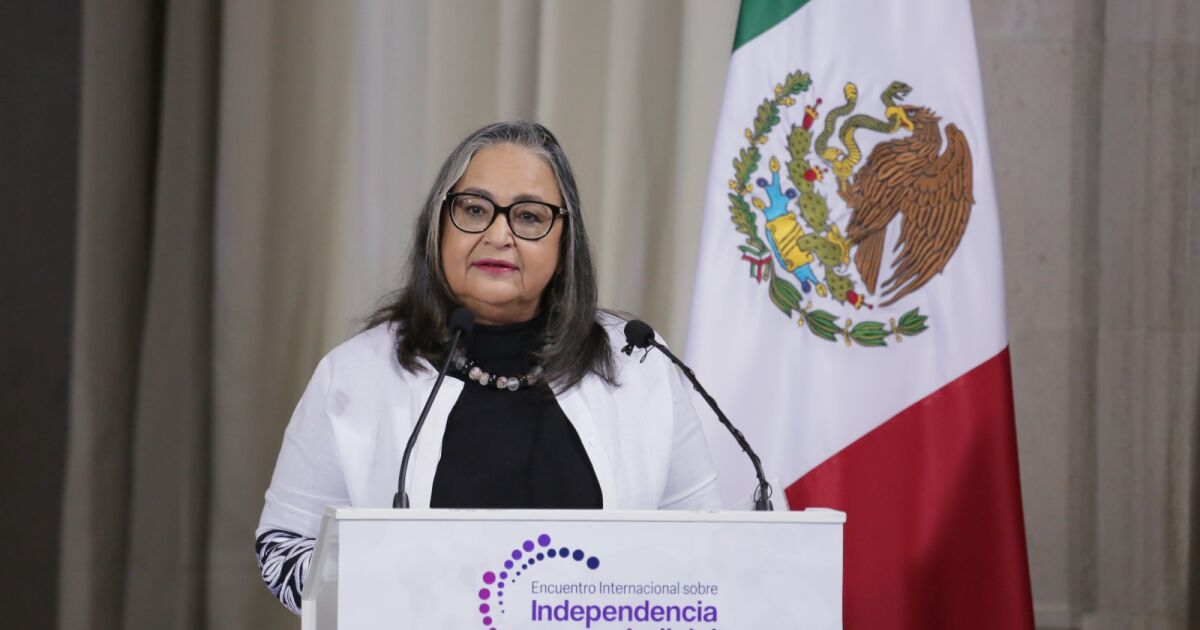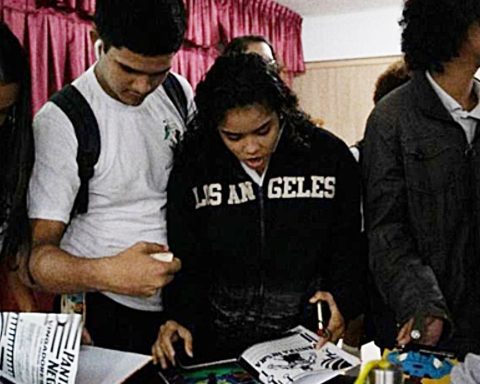During the International Meeting on Judicial Independence, the Minister recalled that the United Nations Special Rapporteur on the Independence of Judges and Lawyers reaffirmed that one of the purposes of an independent judiciary is to protect human rights and to counterbalance the power that can threaten those rights.
He explained that the objective of the meeting is to analyze judicial independence and its relevance as an indispensable element to guarantee democratic states and the proper guarantee and protection of people’s human rights.
“On this occasion, the Supreme Court of Justice of the Nation, through this international meeting, raised its voice once again on the implications that would result from violating or losing a bastion such as our judicial independence,” he said after the Chamber of Deputies prepared the opinion on the reform of the Judicial Branch.
He mentioned that the forum will be attended by experts in the field from around the world to share their experiences and lessons learned, since, he said, no one knows what will happen, especially if there is no “serious and detailed” diagnosis of what judicial independence means.
“No one has a crystal ball for what will happen in the future, and even less so if there is no serious and detailed diagnosis of the meaning and enormous significance of judicial independence, which, I insist, is not a privilege of those who administer justice or those who will administer it, but rather a human right of all people, and especially of the most vulnerable people and groups,” he said.
Jesús Peña, deputy representative of the Office in Mexico of the UN High Commissioner for Human Rights, asked that the reform of the Judicial Branch not be approved in a hasty manner.
“The reform must be carried out without haste, with inclusion, openness, tolerance and a realistic sense of what the operationalization of any change would entail; it must also guarantee the principle of progressiveness, consolidate and expand the advances of recent decades and eradicate existing challenges,” he said.
He pointed out that judicial independence is a vital element for the enjoyment of human rights and is a “safeguard” for the validity of a regime of separation and balance between powers.
“Its existence inhibits the concentration of power and the abuse of power, allows for the professionalization and specialization of the Civil Service and provides a guarantee to heal the wounds caused by the violation of the law; that is the magnitude of its importance and that should also be its defense,” he said.
















